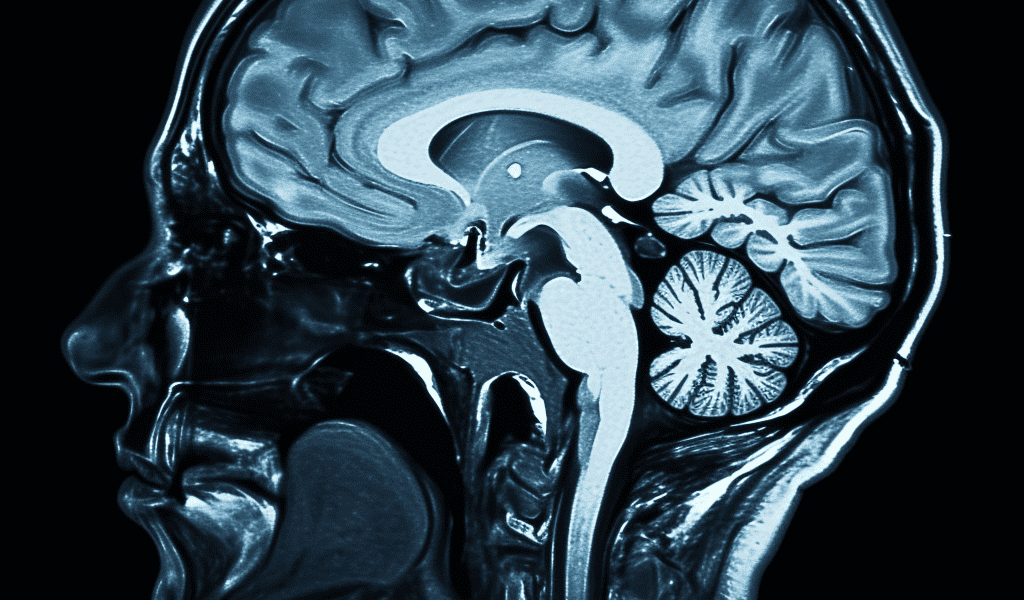In a recent preprint research paper, scientists have delved into the long-term effects of COVID-19 on brain function and structure. The study, which involved 351 COVID-19 patients and 2,927 healthy controls, utilized serum biomarkers and neuroimaging to uncover the impact of the virus on the brain.
The findings revealed that individuals who had been infected with the severe acute respiratory syndrome coronavirus 2 (SARS‑CoV‑2) exhibited heightened levels of brain injury markers and a reduction in cingulate cortex volume one year after being hospitalized due to the virus. This led to global cognitive defects, affecting both subjective and objective cognitive functions.
Moreover, the research suggested that administering corticosteroids during the acute phase of the SARS‑CoV‑2 infection could potentially mitigate cognitive losses, offering a glimmer of hope for future therapeutic interventions.
The study, titled ‘Post-COVID cognitive deficits at one year are global and associated with elevated brain injury markers and grey matter volume reduction: national prospective study,’ sheds light on the far-reaching consequences of COVID-19, which extends beyond the initial infection period. The implications of these cognitive impairments are significant, as they can profoundly impact the quality of life for individuals who have recovered from the virus.
COVID-19, which has wreaked havoc globally, has not only resulted in a staggering number of fatalities and infections but has also left a substantial portion of survivors grappling with persistent symptoms. The study’s findings underscore the urgent need for a deeper understanding of the long-term effects of the virus, particularly its impact on cognitive function.
While the research is a critical step towards unraveling the mysteries surrounding COVID-19’s neurological impacts, it also highlights the gaps in current scientific knowledge. Despite the prevalence of cognitive impairments in COVID-19 patients, the field remains relatively unexplored, with limited studies delving into the associated neuropathology.
The study’s publication serves as a significant contribution to the ongoing efforts to comprehend the full spectrum of COVID-19’s effects, emphasizing the need for further research and exploration into potential therapeutic avenues for mitigating the long-term consequences of the virus on brain health.





